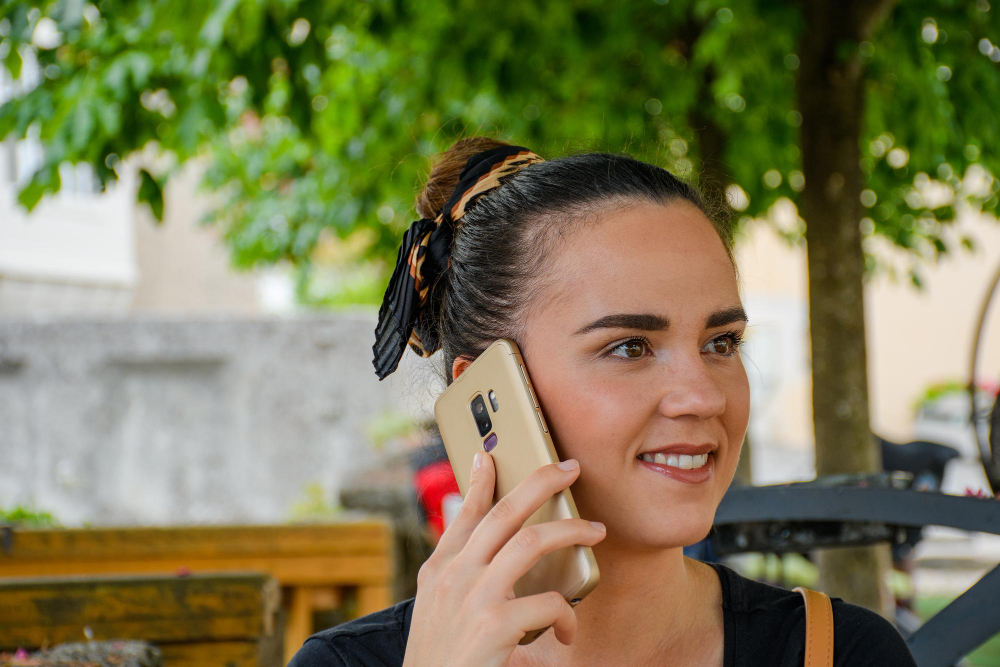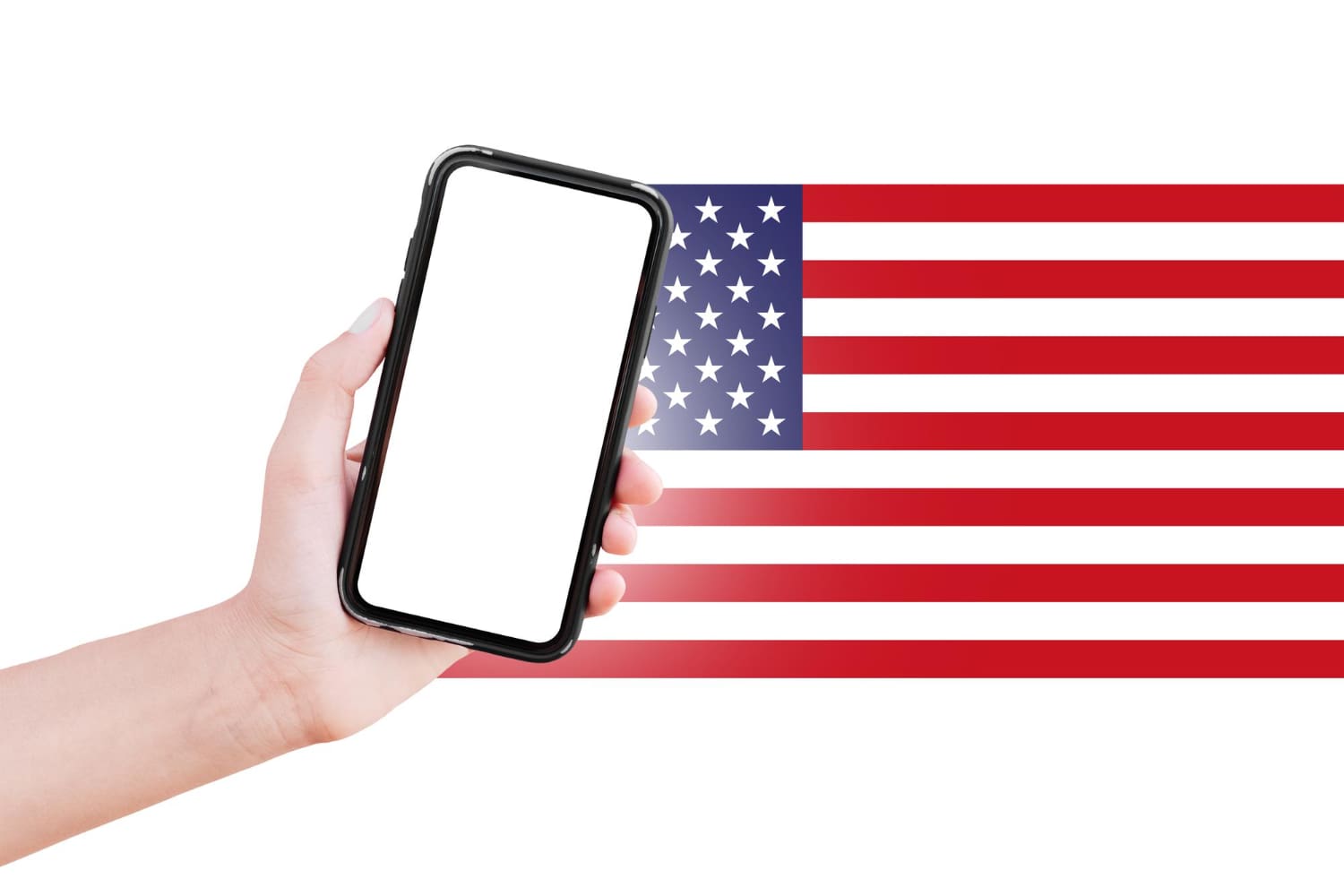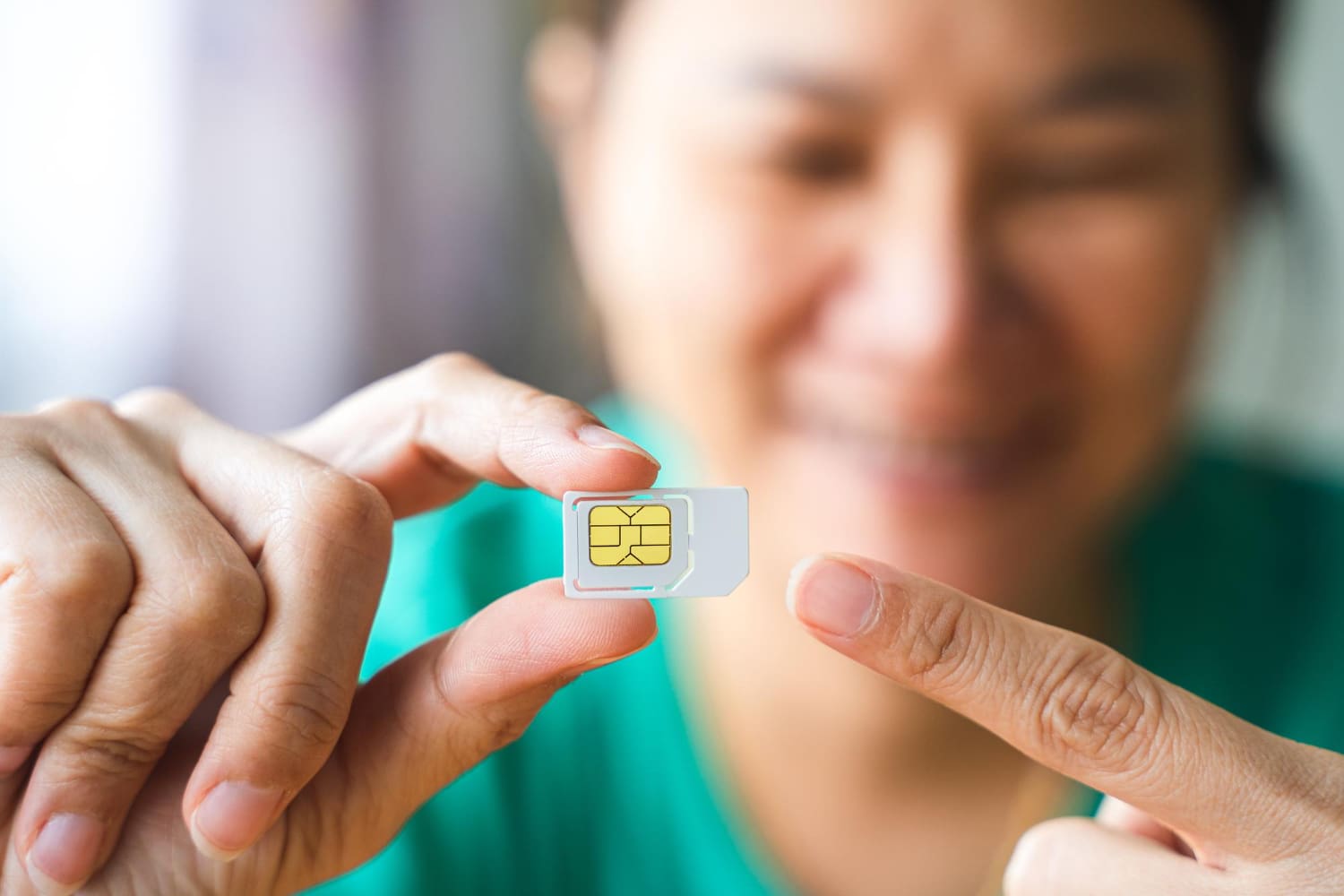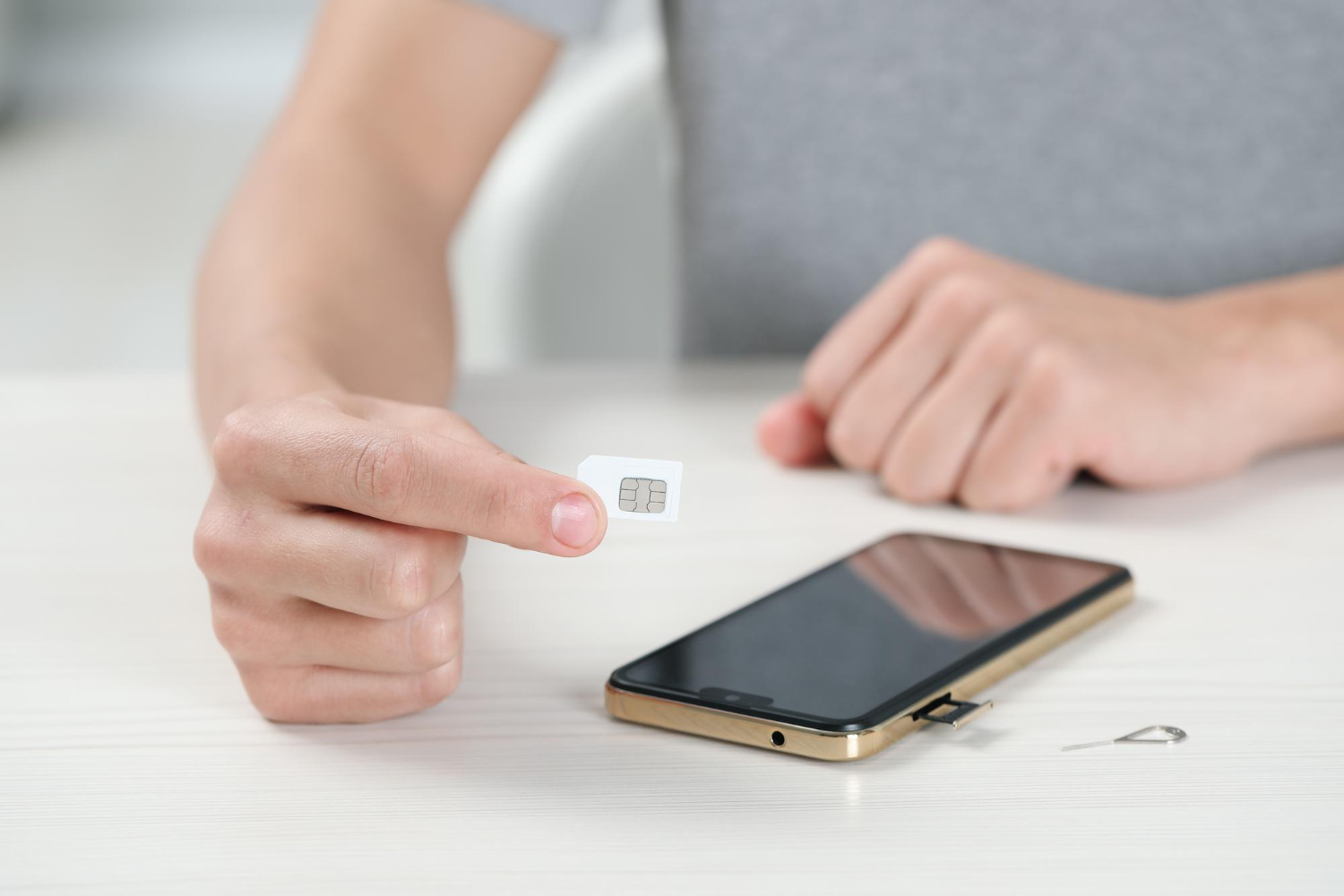Make calls globally - SIMlessly
Get a mobile number of 20+ countries. Enjoy uninterrupted calls, affordable rates, and
flexible plans — without a physical SIM.
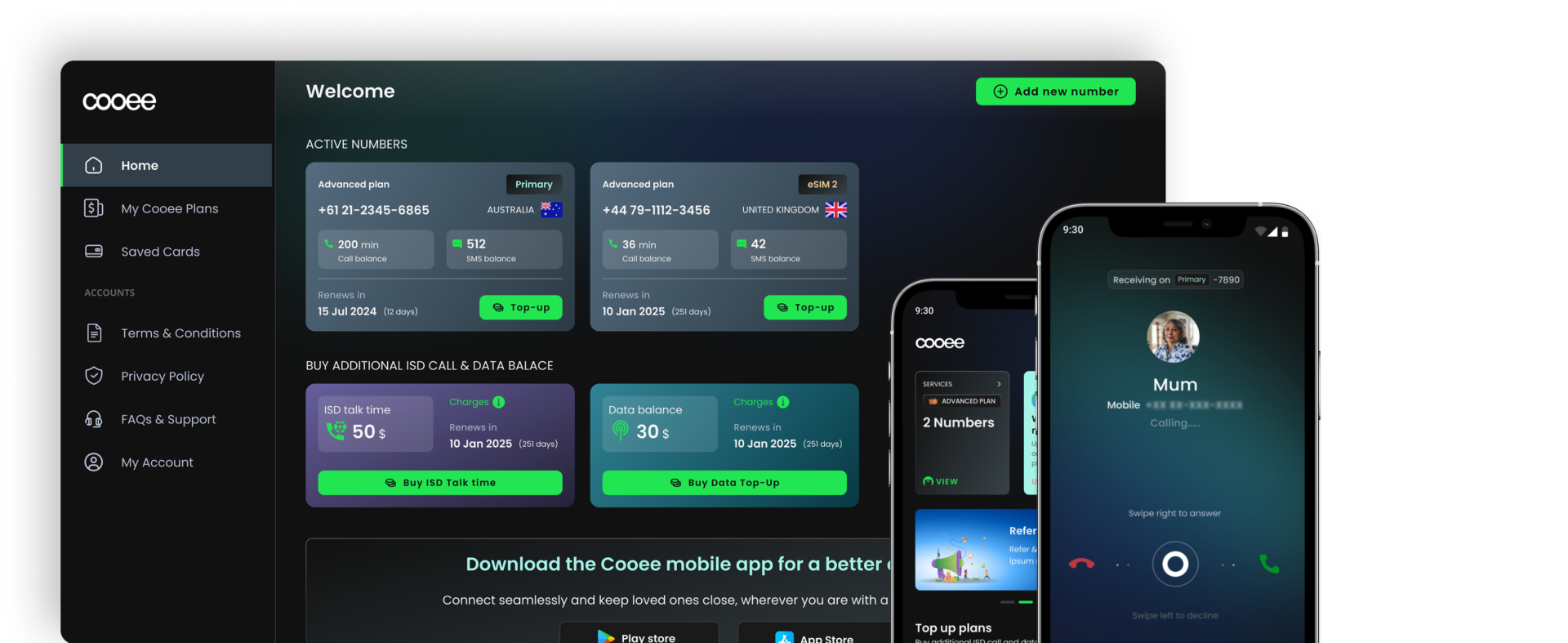
Make Calls
Globally - SIMlessly
Get a mobile number of 5+ countries. Enjoy uninterrupted calls, affordable rates, and flexible plans — without a physical SIM.
Download Cooee Global from Play Store or App Store for continued service. For more information Click Here.
Why Cooee for a SIMless experience?
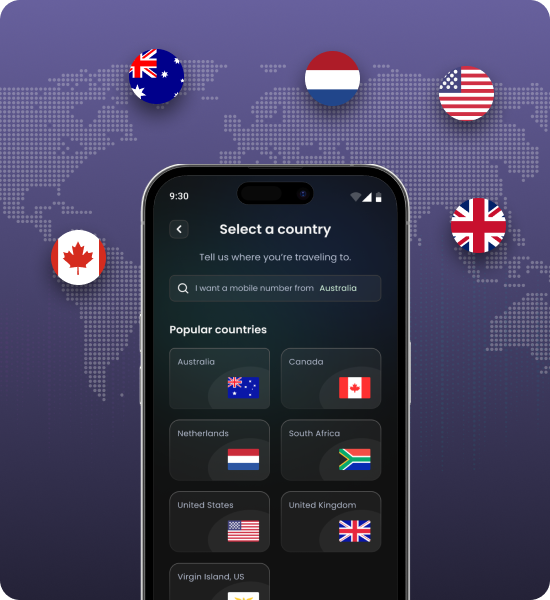

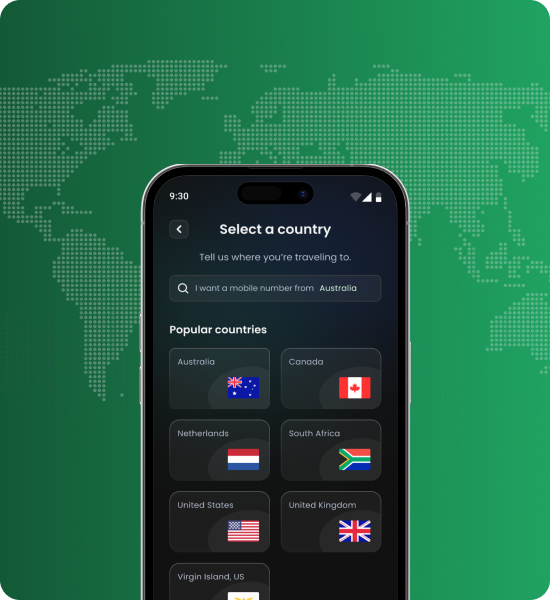
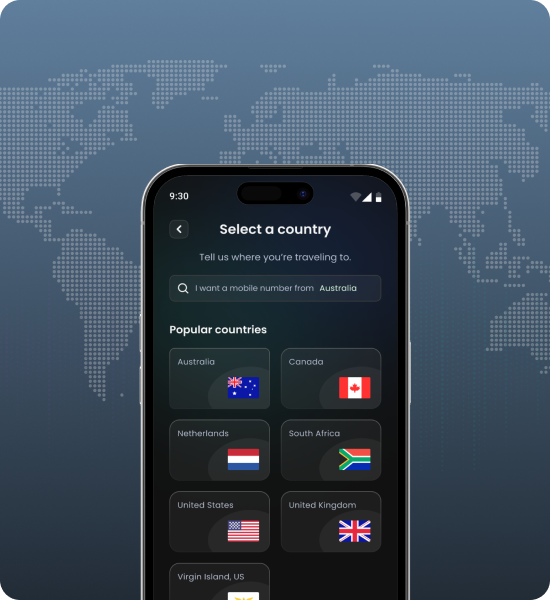
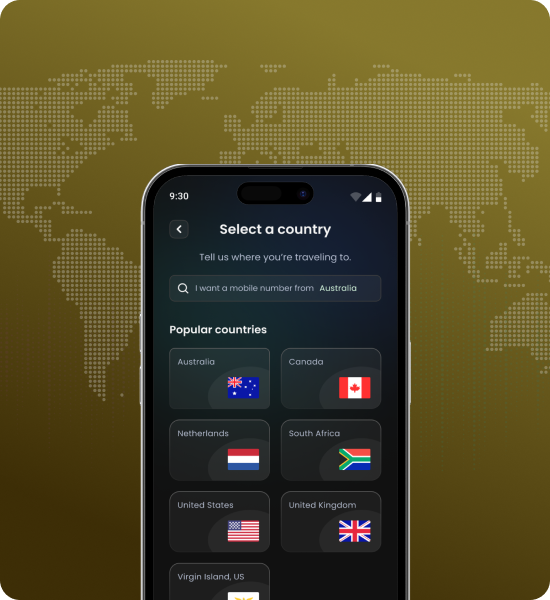
Why Coeee for a SIMless Experience?
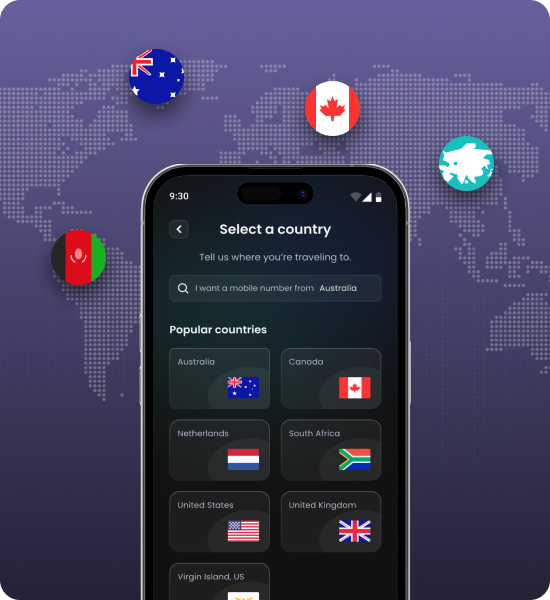

(Coming soon)

(Coming soon)



Cooee for business
Cooee’s use cases
Who can benefit from Cooee?
For Expats
Whether on a year-long adventure or relocating elsewhere, Get a local virtual phone number, no more SIM card swapping—stay connected with ease.
For Students
Planning to study abroad, but scared of the hefty home calling bills?
Cooee offers low-cost international calling plans suited well for
students abroad.
For Entrepreneurs
Seamlessly manage your overseas business, keeping cost at bay.
For Expats
Whether on a year-long adventure or relocating elsewhere, get a local virtual phone number, no more SIM card swapping—stay connected with ease.
For Students
Planning to study abroad, but scared of the hefty home calling bills? Cooee offers low-cost international calling plans suited well for students abroad.
For Entrepreneurs
Seamlessly manage your overseas business, keeping cost at bay.
Testimonials
The Cooee connection


Affordable and Efficient
I use Cooee to call from Canada to Brazil regularly, and the rates are fantastic. The call quality is always clear, and I love that I can use a local number even when I'm far away. Couldn't ask for a better solution!


Ideal for Global Clients
My remote team spans across multiple continents, and Cooee helps us stay connected with clients globally. It’s convenient to have different numbers for each region, especially for customer support.


Reliable and Convenient
As a digital nomad, I’m always on the move. Cooee lets me maintain a consistent phone number no matter where I am, making it easier to keep in touch with clients and friends without switching SIMs.


Set Up My Number Before Even Arriving
As an international student from Brazil heading to Poland, I was able to set up my Polish phone number with Cooee before I even left home. It made the transition so much easier—no hassle.



